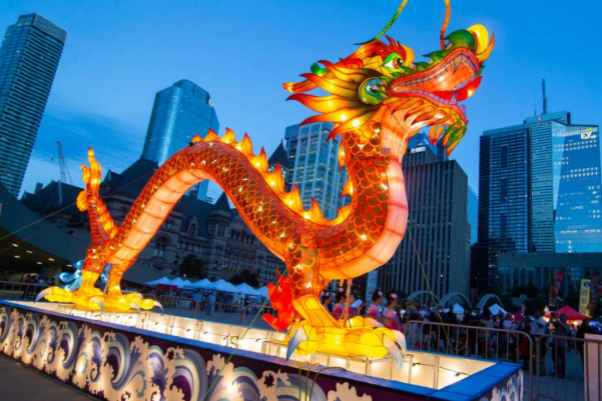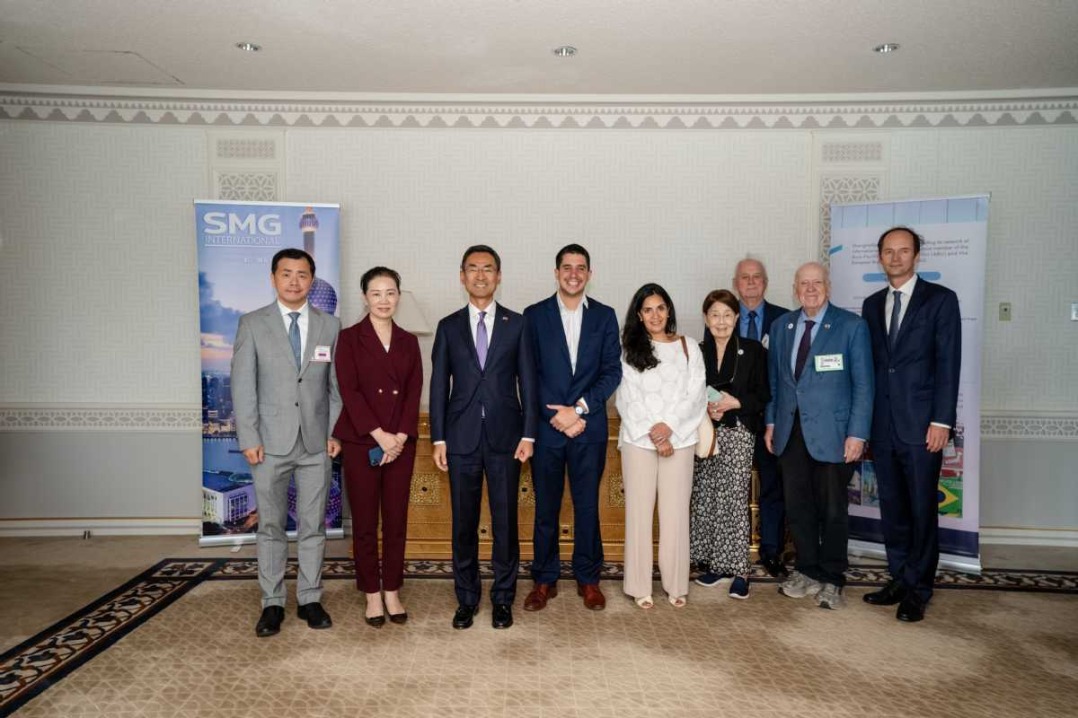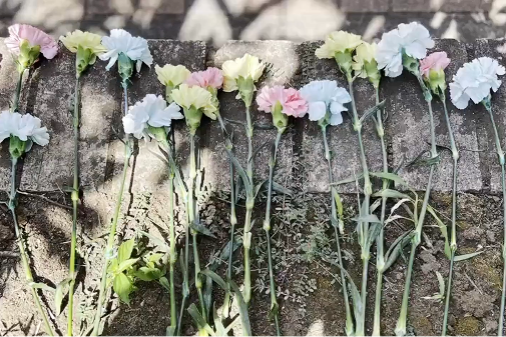Thai durian farmers eye China market

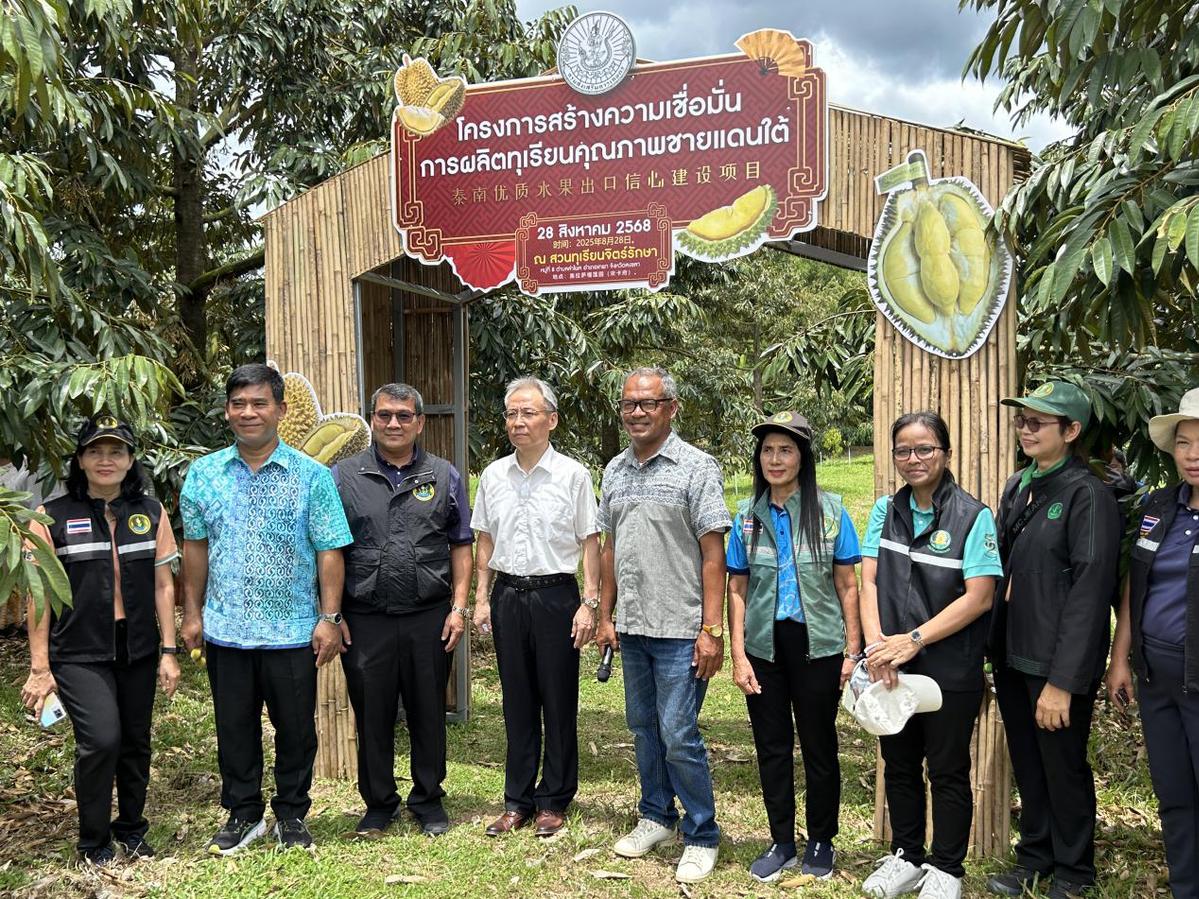
Southern Thai provinces have stepped up efforts to promote their high-quality durian farms, to rival the traditional production base in Thailand's eastern provinces for a larger export market share amid the enthusiasm of Chinese consumers for the spiky fruit. (Watch video)
At a recent seminar on boosting confidence in southern Thai durians for the global market, officials from the Department of Agricultural Extension, or DOAE, revealed that the department has implemented eight stringent measures to promote high-quality fruit production, ensuring both quality and safety to meet export standards.
These measures cover the entire supply chain, from orchards to markets, especially during peak harvest seasons.
Digital technology has been applied to analyze data and systematically manage risks, said DOAE Director-General Peeraphan Korthong.
He said key initiatives include intensive farmer training on Good Agricultural Practices — a voluntary certification program that verifies sound food safety practices are being used.
"Farmers also need to learn strict orchard hygiene protocols and pest surveillance to build buyer confidence," Peeraphan said. "Moreover, we have worked to strengthen farmer-exporter networks and drive value-added products such as frozen and freeze-dried durian to meet the growing international demand for premium-quality fruit."
Durian plantations have expanded dramatically in southern Thailand in recent years. The region's durian orchards area increased from 101,000 hectares in 2020 to 139,000 hectares this year, according to the DOAE.
"The driving force behind this is the great demand overseas, in particular the Chinese market," said Chakri Suwannaphum, 55, owner of the Suan Jitraksa orchard in Thapa district, Songkhla Province.
Covering an area of 7.5 hectares, the orchard produces 20 metric tons of Monthong durian, also known as Golden Pillow, annually. The orchard brings him a revenue of $92,600 to $123,500 per year.
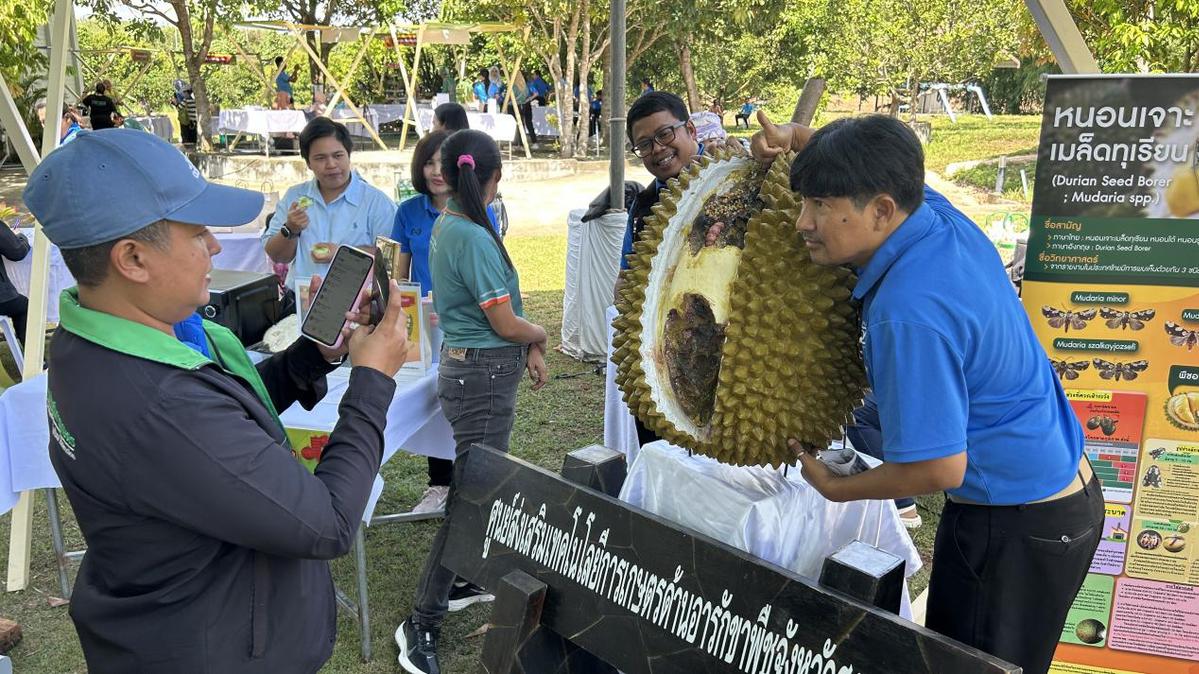
Chakri said China now has a higher standard for fruit imports, with strict protocols for pesticides and other residues, so a more scientific management with high safety standards is needed.
"This helps to strengthen our competition in the international market, not only China but also other emerging regions," he added.
Phuwadet Wuttiwongwat, director of DOAE's region No 5 office in Songkhla, said five southern Thai provinces boast 5,024 durian orchards that have been certified under Good Agricultural Practices standards. "Supply chain development and strengthened export credibility, especially to China, are our major priorities," he said.
To guarantee the ripening time — a crucial step for fruit quality — local authorities will ask farmers to send fruit samples to a local testing center three days before harvesting, said Nippawan Meethong, director of the Agricultural Technology Promotion Center for Plant Protection.
During the seminar, Chinese Consul General in Songkhla Wang Zhijian and overseas buyers were invited to visit some high-quality durian orchards. They observed their production processes, which strictly follow Good Agricultural Practices standards and rigorous quality control systems.
yangwanli@chinadaily.com.cn
















